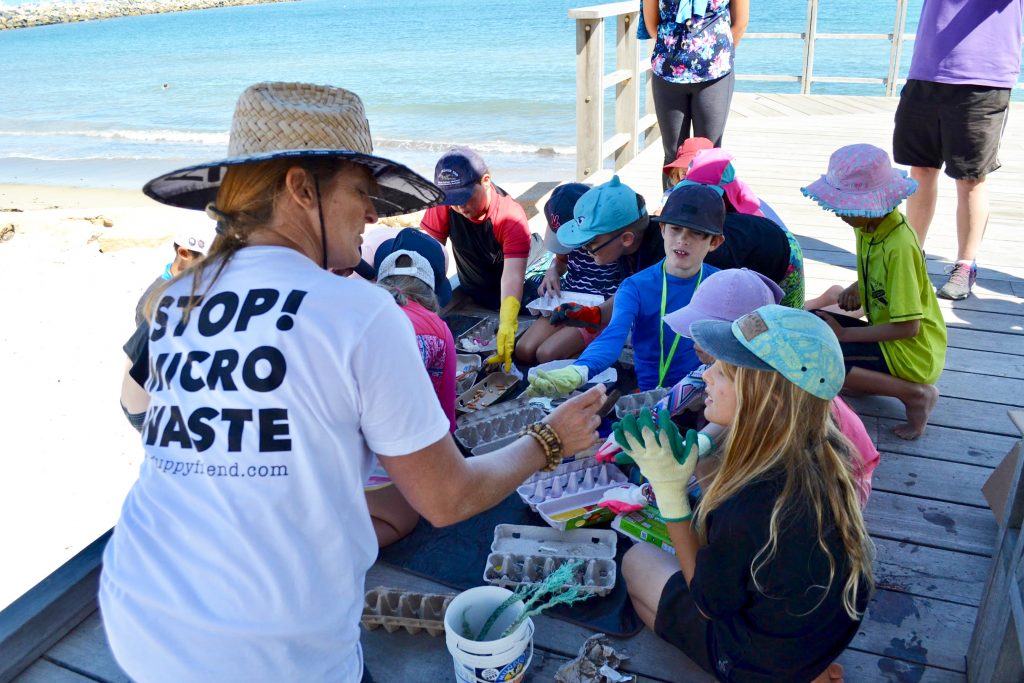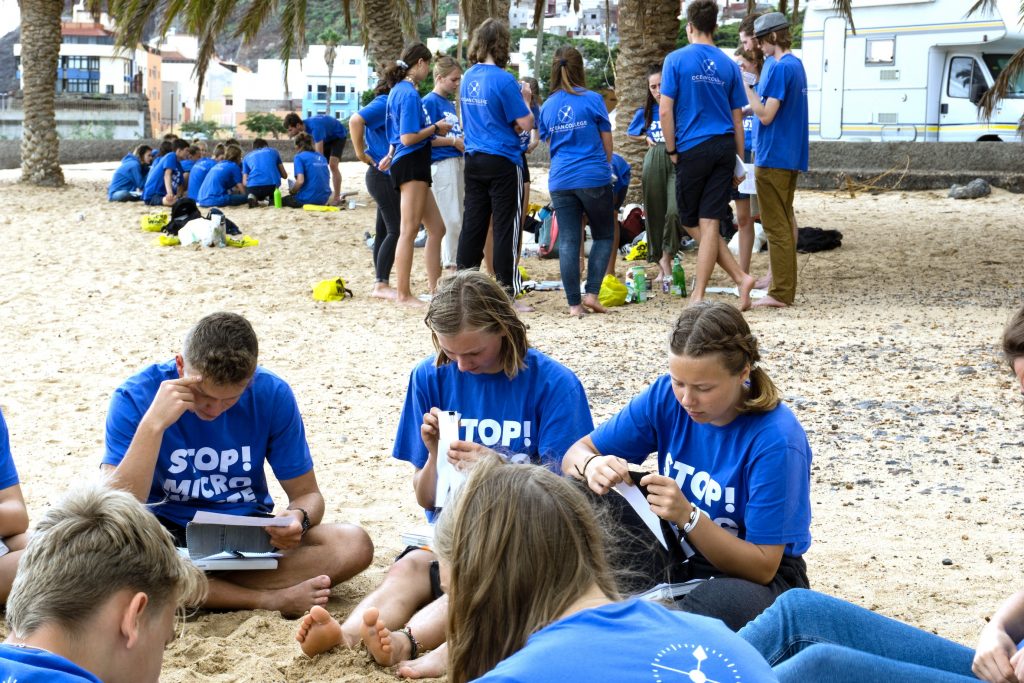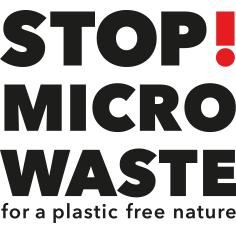


STOP! Micro Waste ist eine gemeinnützige Organisation, die von LANGBRETT, einer Gruppe von Surfern und Naturliebhabern, initiiert wurde. Wir verknüpfen Bildung mit Aktivitäten in der Natur, um auf das Problem der (Mikro)Plastikverschmutzung aufmerksam zu machen.
Mit der STOP! Plastik Akademie teilen wir unser (Mikro)Plastikwissen basierend auf unseren Erfahrungen, Forschungsergebnissen und wissenschaftlichen Arbeiten. Unser Train-the-Trainer Programm ermöglicht es Schülern und Unternehmensvertretern das erworbene Wissen an ihre Mitschüler, Kunden und Kollegen weiterzugeben.
Ein stärkeres Bewusstsein für Mikroplastikverschmutzung zu schaffen ist von grundlegender Bedeutung, aber gleichzeitig brauchen wir konkrete Lösungen. Daher möchten wir Menschen dazu anregen, ihr eigenes Konsumverhalten und ihre alltäglichen Rituale zu reflektieren und zu verändern; und sie dazu inspirieren, eine eigene STOP!Station gegen Mikroplastikverschmutzung zu entwickeln.
Kontakt
© 2021 STOP! Micro Waste. All Rights Reserved.
Alexander Nolte, Oliver Spies
Kastanienallee 44
10119 Berlin – Germany
Phone: +49(0) 21146861604
E-mail: us@stopmicrowaste.com
STOP MICRO WASTE gUG
Amtsgericht Charlottenburg Berlin
Handelsregisternummer: hrb182673 B
Ust-ID-Nr.: DE 310290117
